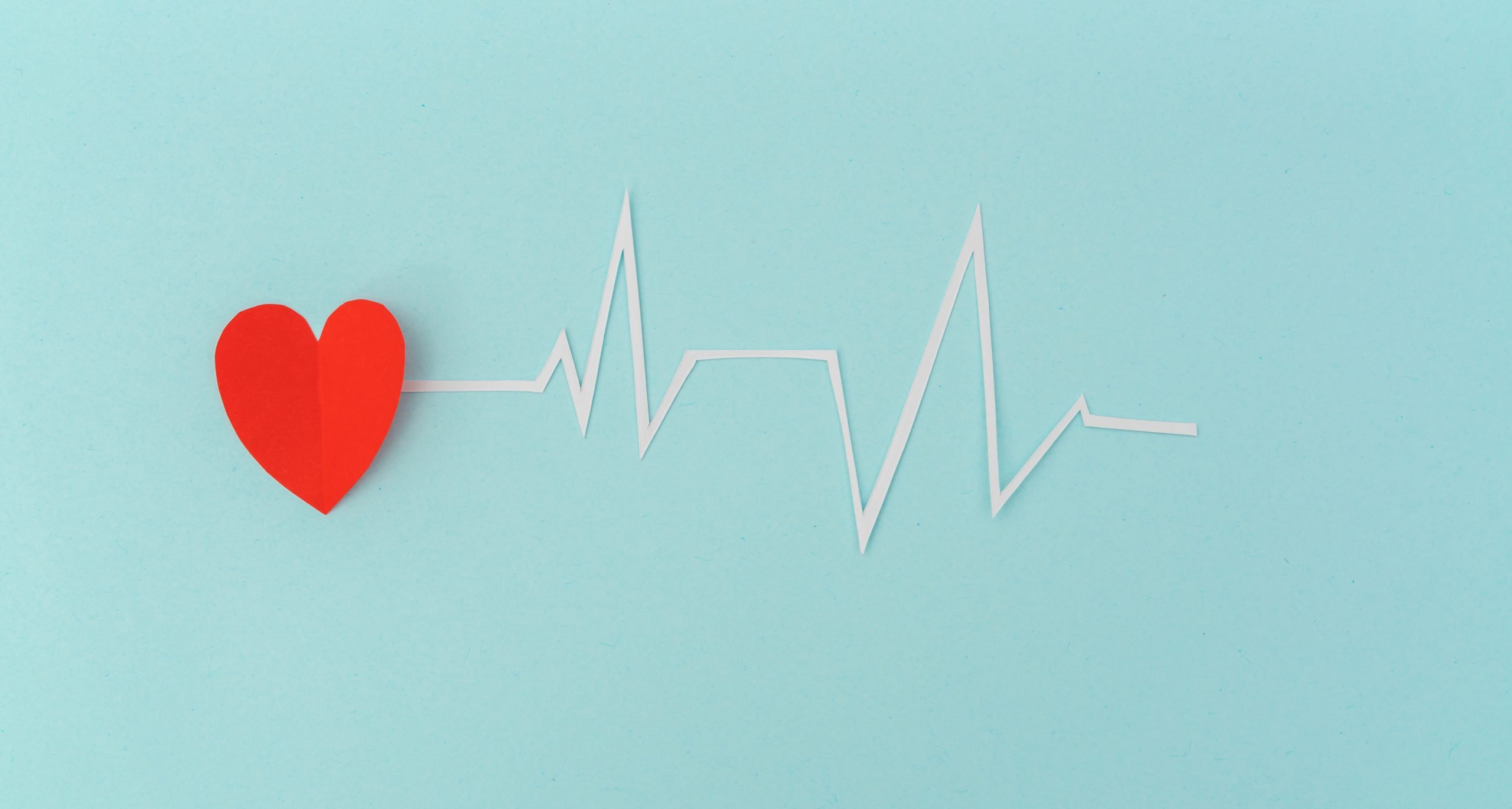Research led by the University of Texas Health Science Center (UT Health San Antonio) at San Antonio in the United States describes the first tests for a disease. New drug that can prevent weight gain while swallowing foods high in sugar and fat – commonly known as ‘junk food’. The new chemical, called CPACC, was used in tests on mice and apparently showed positive results.
According to a study published in the scientific journal Cell Reports, researchers found that the new drug helped protect against weight gain, even in mice fed a diet high in sugar and fat; The livers of animals were also preserved.
The study explains that magnesium is one of the main positive ions that contribute to the cellular functions of the human body; for example, it is responsible for regulating blood sugar, contributes to bone strength and regulates blood pressure. Magnesium also slows energy production in mitochondria; function can be very important, because Mitochondrial abnormalities are linked to different diseases such as obesity, diabetes and heart disease.
“Mitochondrial dysfunction and altered metabolic flow are among the cellular features of the metabolic syndrome. Mitochondria are critical centers for cellular metabolism, and abnormalities have been associated with disorders such as obesity, diabetes, and cardiovascular disease.
New drug against weight gain
Despite being an incredible discovery, scientists explain: discovered the drug while working on a method for deleting a specific gene (MRS2) that encodes the magnesium transporter protein; so the discovery was completely ‘accidental’. When examining the effects of diet on two groups of mice, one normal and the other with the MRS2 gene deleted, the researchers noticed that the group without the MRS2 gene remained leaner and healthier; The diet was continued for up to one year.
In more recent experiments, scientists administered the CPACC drug to a group of mice and had similar results to the group in which the MRS2 gene was deleted. The drug reduced the amount of magnesium transported to the mitochondria, allowing the mice to remain healthier even on a ‘junk food’-based diet.
“When we give this drug to mice for a short time, they start to lose weight. They’re all getting weaker. These findings are the result of several years of work. A drug that can reduce the risk of cardiometabolic diseases such as heart attacks and strokes, as well as reduce the incidence of liver cancer that can occur after fatty liver disease, will have a major impact. We will continue to improve,” said Madesh Muniswamy, professor of medicine and one of the authors.
Did you like the content? Stay up-to-date on the latest scientific discoveries at TecMundo and take the opportunity to learn more about the cells that cause us to consume fat and sugar.
Source: Tec Mundo
I’m Blaine Morgan, an experienced journalist and writer with over 8 years of experience in the tech industry. My expertise lies in writing about technology news and trends, covering everything from cutting-edge gadgets to emerging software developments. I’ve written for several leading publications including Gadget Onus where I am an author.












